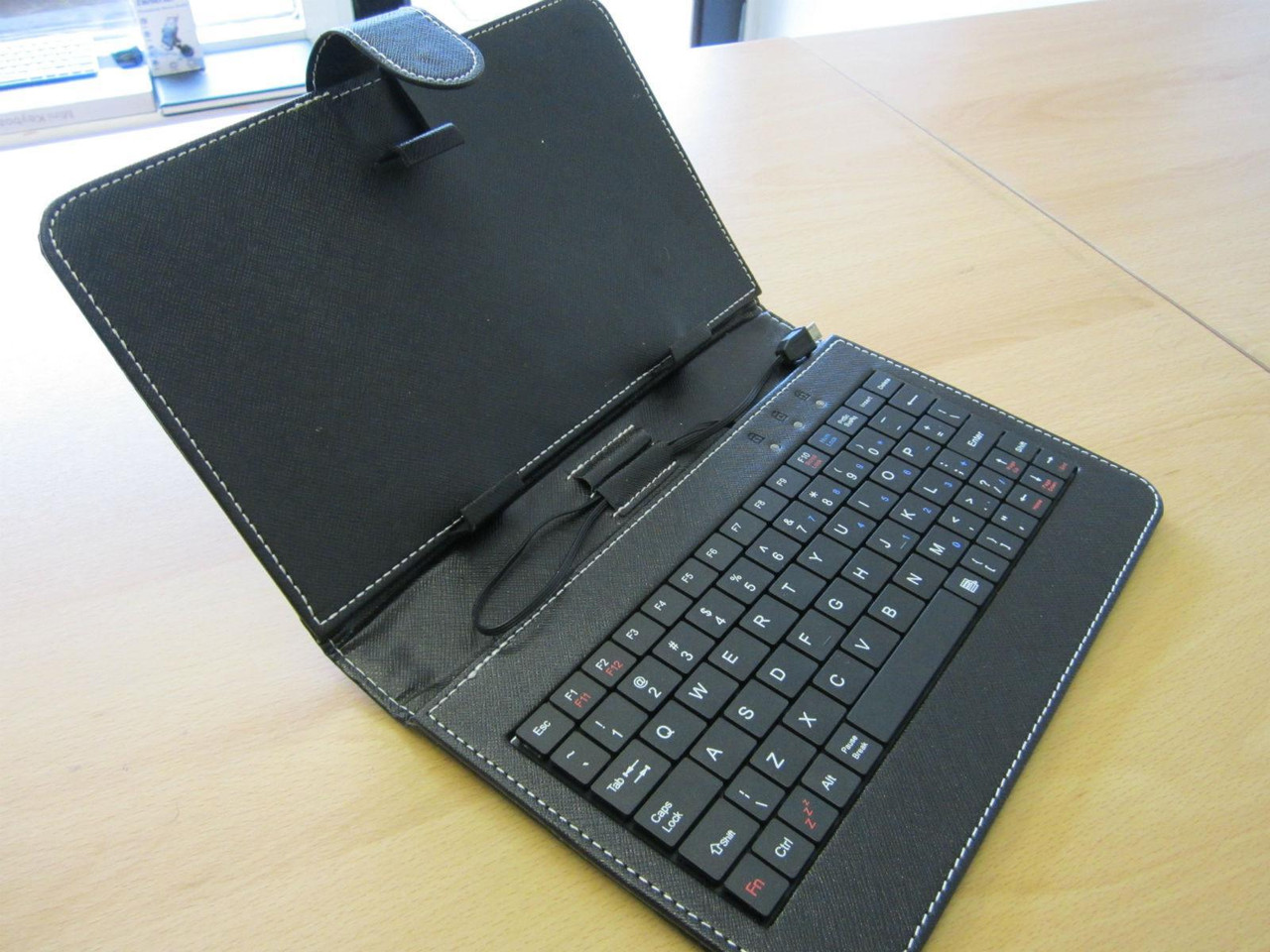
Purpose of Use
Understanding how you plan to use your tablet helps narrow down case options. Different activities require specific types of cases.
General Use
For casual activities like browsing, watching videos, or reading, a basic protective case will suffice.
Work or School
Professional or educational purposes might need cases with additional features such as a keyboard or stylus holder.
Outdoor Activities
Using your tablet outdoors? Look for cases with water resistance and durable materials.
Travel
Travelers might prefer lightweight, compact cases that are easy to carry.
Materials
The material of the case is a critical factor. Each material offers unique benefits and drawbacks.
Leather Cases
Leather cases provide a premium look and feel. They come in various styles, from sleek to ornate designs. Leather offers protection against scratches and minor drops but may not be as durable as other materials.
Pros:
- Aesthetic appeal
- Soft texture
- Develops a patina over time
Cons:
- Less durable
- Can be expensive
Polycarbonate Cases
Polycarbonate (PC) cases are lightweight and offer excellent protection against drops and scratches. Often clear or translucent, they allow you to see the tablet's design.
Pros:
- Lightweight
- Good impact resistance
- Often clear or translucent
Cons:
- Less stylish
- Prone to scratches
TPU (Thermoplastic Polyurethane) Cases
TPU cases are flexible and offer excellent grip, making them ideal for devices prone to slipping. They are relatively inexpensive and come in various colors and designs.
Pros:
- Flexible and grippy
- Affordable
- Available in various colors and designs
Cons:
- Less protective than PC or hardshell cases
- Prone to scratches
Hardshell Cases
Hardshell cases offer the best protection against drops and impacts. Typically made from polycarbonate or ABS plastic, they provide a rigid outer shell.
Pros:
- Excellent impact resistance
- Snug fit
- Often comes with additional features like kickstands or card slots
Cons:
- Bulky
- Less stylish
Hybrid Cases
Hybrid cases combine different materials to balance protection and style. For example, a case might have a hard outer shell with a soft inner lining.
Pros:
- Balanced protection and style
- More durable than single-material cases
Cons:
- More expensive than single-material cases
Additional Features
Consider additional features when choosing an Android tablet case.
Keyboard Compatibility
A keyboard case can be a game-changer for work or school. These cases often have built-in keyboards that can be folded up when not in use.
Pros:
- Enhances productivity
- Can be used as a laptop substitute
Cons:
- Adds bulk
- Can be expensive
Stylus Holder
A stylus holder is essential for artists and writers. Look for cases with dedicated stylus holders to keep your stylus organized.
Pros:
- Keeps stylus organized
- Enhances creative productivity
Cons:
- Adds bulk
Card Slots
Card slots are useful for storing credit cards, IDs, or cash. They can be integrated into the case or provided as an additional accessory.
Pros:
- Convenient for storing small items
- Can be integrated into the case design
Cons:
- May reduce overall protection
Kickstands
Kickstands are great for watching videos or browsing the web in landscape mode. Some cases come with built-in kickstands adjustable to different angles.
Pros:
- Convenient for watching videos or browsing
- Adjustable to different angles
Cons:
- Adds bulk
Water Resistance
Planning to use your tablet outdoors or near water sources? Look for cases with water resistance ratings (IPX7 or higher).
Pros:
- Protection against water damage
- Enhances durability
Cons:
- More expensive than non-water-resistant cases
Design and Style
Design and style are important considerations.
Color Options
Choose a case that matches your personal style or complements your tablet's design. Many cases come in various colors and patterns.
Pros:
- Allows personalization
- Enhances aesthetic appeal
Cons:
- Limited availability in all colors or patterns
Pattern Options
Some cases come with unique patterns or designs, adding an extra layer of style to your tablet.
Pros:
- Adds style
- Makes your tablet stand out
Cons:
- May not suit all users
Size Compatibility
Ensure the case is compatible with your specific tablet model. Different models have varying dimensions, so check compatibility before purchasing.
Pros:
- Ensures a snug fit
- Prevents damage from improper fitting
Cons:
- Requires specific measurements
Brand Reputation
Consider the brand reputation when choosing an Android tablet case.
Quality
Look for brands known for producing high-quality products. A reputable brand ensures their cases are durable and provide excellent protection.
Pros:
- Ensures durability
- Provides peace of mind
Cons:
- Higher price point
Customer Reviews
Check customer reviews to see how other users have experienced the case. Positive reviews indicate reliability and good performance.
Pros:
- Real-world feedback
- Helps make an informed decision
Cons:
- May not reflect your specific experience
Warranty
A good brand should offer a warranty or guarantee on their products. This ensures protection in case the case fails to meet expectations.
Pros:
- Provides peace of mind
- Ensures coverage in case of defects
Cons:
- May require registration or proof of purchase
Budget
Consider your budget when selecting an Android tablet case.
Basic Cases
Basic protective cases typically range from $5 to $15. These cases offer minimal protection but are often inexpensive and lightweight.
Pros:
- Affordable
- Lightweight
Cons:
- Limited protection
Mid-range Cases
Mid-range cases usually cost between $15 and $30. These cases offer better protection than basic cases and may include additional features like card slots or kickstands.
Pros:
- Better protection
- May include additional features
Cons:
- Less stylish than higher-end options
Premium Cases
Premium cases can range from $30 to over $50. These cases offer advanced features like built-in keyboards, stylus holders, and high-quality materials.
Pros:
- Advanced features
- High-quality materials
Cons:
- More expensive
